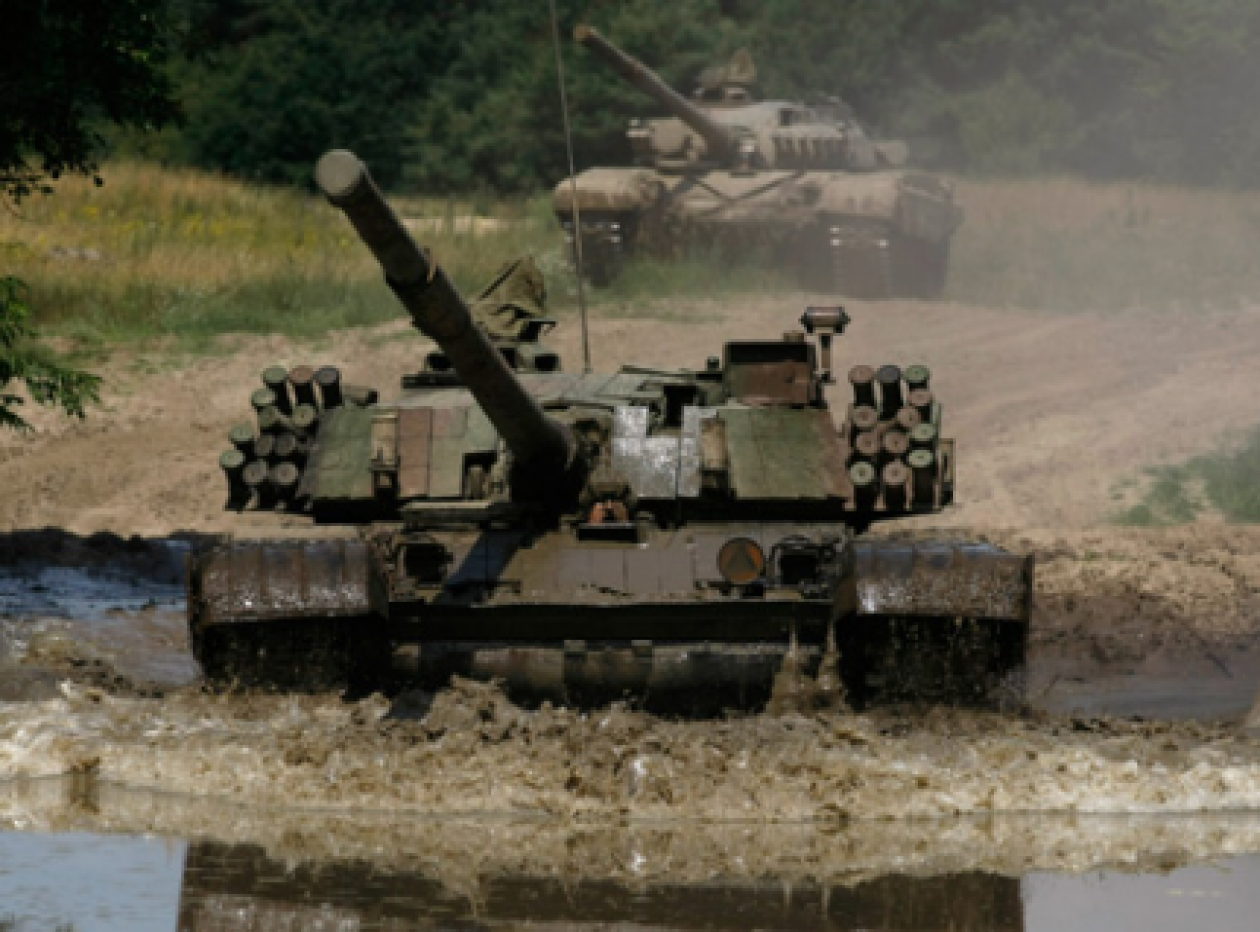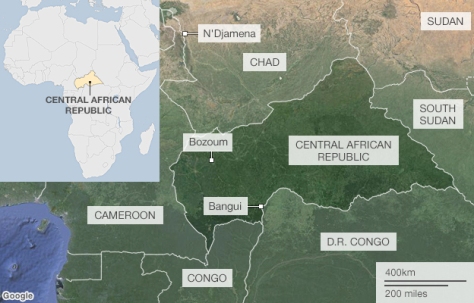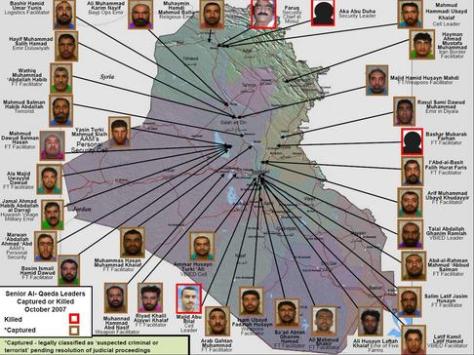
Al Jazeera. “AQIM.” http://www.aljazeera.com/category/organisation/aqim
Analysis Intelligence. “AQIM.” http://analysisintelligence.com/tag/aqim/
BBC. “Profile: Al-Qaeda in the Islamic Maghreb.” January 17, 2013. http://www.bbc.co.uk/news/world-africa-17308138
Boudali, Lianne Kennedy. “The GSPC: The Newest Franchise in Al-Qaeda’s Global Jihad.” April 2, 2007.
http://www.ctc.usma.edu/posts/the-gspc-newest-franchise-in-al-qaidas-global-jihad
Conflict Map. “AQIM.” http://www.conflictmap.org/conflict/algeria
Department of State. “Chapter 1 — Strategic Assessment.” April 30, 2008. http://www.state.gov/j/ct/rls/crt/2007/103704.htm
——. “Chapter 2. Country Reports: Africa Overview.” July 31, 2012. http://www.state.gov/j/ct/rls/crt/2011/195541.htm
——. “Designation of AQIM Leaders Mohamed Belkalem and Taleb Nail.” May 26, 2010. http://www.state.gov/j/ct/rls/other/des/143207.htm
——. “Examining U.S. Counterterrorism Priorities, Strategy Across Africa’s Sahel Region.” November 17, 2009. http://www.state.gov/j/ct/rls/rm/2009/132082.htm
——. “The LRA, Boko Haram, Al-Shabaab, AQIM, and Other Sources of Instability in Africa.” April 25, 2012. http://www.state.gov/p/af/rls/rm/2012/188518.htm
——. “LRA, Boko Haram, Al-Shabaab, Aqim, and Other Sources of Instability in Africa.” April 26, 2012. http://www.state.gov/j/ct/rls/rm/2012/188816.htm
Doyle, Mark. “Africa’s Islamic Militants ‘co-ordinate efforts’.” June 26, 2012. http://www.bbc.co.uk/news/world-africa-18592789
Gueye, Bakari. “Africa: AQIM Threatens Sahel, Magherb Security.” allAfrica. November 8, 2013. http://allafrica.com/stories/201311110450.html
Laub, Zachary. “Al-Qaeda in the Islamic Maghreb.” CFR. January 8, 2014. http://www.cfr.org/terrorist-organizations-and-networks/al-qaeda-islamic-maghreb-aqim/p12717
NCTC. “Al-Qa‘ida in the Lands of the Islamic Maghreb (AQIM).” 2014. http://www.nctc.gov/site/groups/aqim.html
RFI. “AQIM.” http://www.english.rfi.fr/tag/aqim
U.N. “QE.T.14.01. THE ORGANIZATION OF AL-QAIDA IN THE ISLAMIC MAGHREB.” December 27, 2013. http://www.un.org/sc/committees/1267/NSQE01401E.shtml











